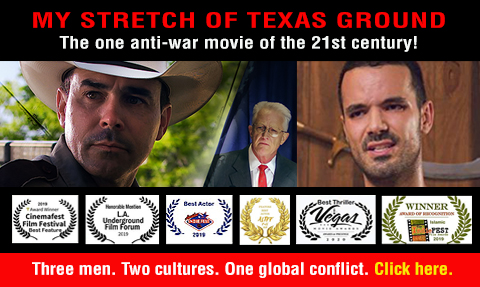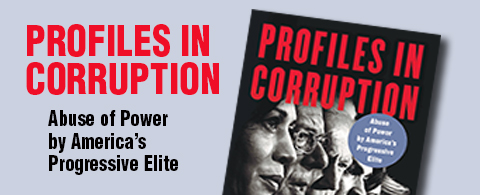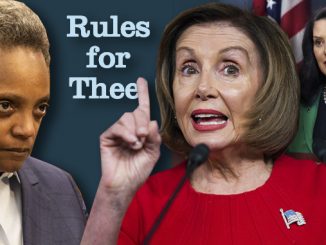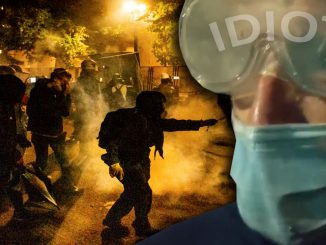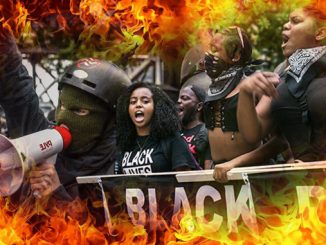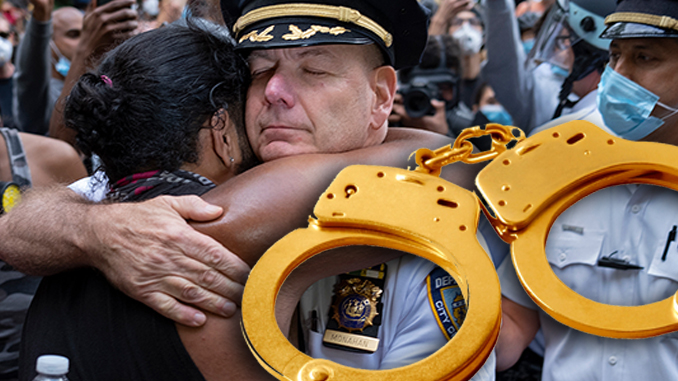
How to improve the system without abolishing the police.
By S.T. Patrick
When a hyper-political society goes binary (meaning that everything is a 0 or a 1, with no maneuverability in between), resolutions to the most pressing societal problems aren’t allowed to be anything but extreme. Neither end of the spectrum wants to give in. This is the case with the recent debate over defunding the police. The two teams have broken down into distinct yet extreme positions: one which lauds every police officer as a hero fighting to protect the children and the elderly, and the other, which would like to end the entire practice of policing as it exists in America. Yet, there is a way to rationally improve the practice of policing in America while still maintaining and valuing the good officers doing good work.
“Defunding” is a valid political strategy. When up against a massive program that cannot, itself, be defeated or ended easily, the way to render it clawless is to take away its life blood—financing. When candidate Donald Trump came out against Obamacare, he threatened to defund it if it could not be eradicated. Without money, any government program is lifeless.
Before defunding police departments out of anger becomes a reality, each society should look at the purpose of police and the areas in which a properly functioning police department could be made better and more accountable.
A police department, in the words of almost every department in America, is designed to “protect” and “serve.” What those words mean can be debated, but it would be hard to defend any notion that protecting and serving the public means setting up covert speed traps to catch a driver going 38 mph in a 30-mph zone, executing a mandatory lockup on every domestic call (law in some states), or killing people. Even in a small town that likes to have a personal relationship with every officer, gone are the men and women in uniform who walk the beat and know every kid in the neighborhood by their first name. In their place are militarized SWAT-trained police officers who are armed with pepper spray, tasers, and many times with a strong superiority complex that demands that even the victims of a minor traffic stop genuflect to the badge. They are busting in front doors on no-knock warrants, including the wrong doors. Police officers in many towns and cities across the country are no longer public servants whom you can admire. They are authority figures to be feared and obeyed.
One problem is that the qualifications for becoming a police or corrections officer have changed. The Obama administration itself recommended lowering the qualifications for becoming a police officer. In Florida, someone need only have a high school education to become a corrections officer. In many cases, the inmates are more educated and socially literate than the officers who are tasked with forcing behavioral compliance. When an officer doesn’t have more interpersonal and social training than the average person they encounter, dangerous situations can arise. When that happens, and the officer is largely unprepared or untrained, the public is at risk.
The modern police officer described above is doing no society any good, and there are better ways that don’t have to involve the entire department being shuttered. Imagine there were a society that really cared about its struggling residents. In the truest Christian ethic, this society believed that its biggest obligation toward those who fall from the straight and narrow path is not punishment and incarceration, but rehabilitation, healing, and health. If that were the case, police officers would no longer need to be the first call when an addict has fallen in the streets, when a homeless woman is sleeping under a tree on private property, or when a married couple has an argument so loud that it concerns neighbors.
If a society could find a way to place healing before handcuffs, the police department wouldn’t always have to be the first, second, or third call. The police would be the fourth call when all other avenues had been exhausted. If the police were the fourth call, they could then be funded as if they were the fourth option, and a vast majority of the funds available could go to the first three options. It isn’t defunding as much as it is prioritizing what the society’s goal for its wayward residents would be. Those who are handcuffed, jailed, and cycled through the system of inhumane incarceration aren’t healed; they are devastated (as are their families) and demoralized, only to be released back into the same society again as an even more damaged individual. What has this cycle accomplished other than creating the most incarcerated nation on Earth?
It seems ludicrous to simply disband and defund completely those well-intentioned officers who do all they can do to make their city, county or state a better place. Yet, something must be done about the sociopaths who hide behind their power as an authority. Re-prioritizing and redirecting the interactions between public servants and a city’s most lost souls could be the one saving grace upon which both sides can agree.
S.T. Patrick holds degrees in both journalism and social studies education. He spent 10 years as an educator and now hosts the “Midnight Writer News Show.” His email is [email protected]. He is also an occasional contributor to TBR history magazine and the current managing editor of Deep Truth Journal (DTJ), a new conspiracy-focused publication available from the AFP Online Store.

